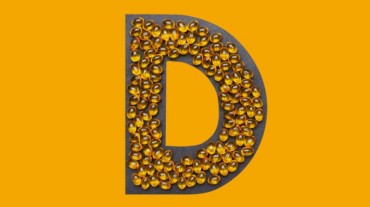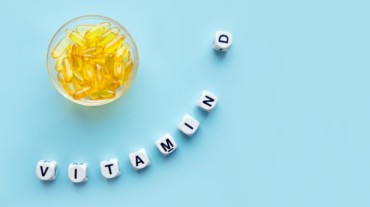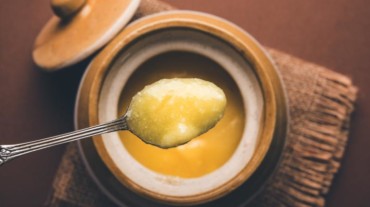
Do you wear sunscreen when you step out into the sun? If the answer is “yes of course”, then let us tell you: you might be hampering the penetration of vitamin D, and might even have vitamin D deficiency. No, we aren’t kidding!
Vitamin D is a fat soluble vitamin which is required by all age groups to keep their body going. More than a vitamin, it works like a hormone as it helps with the regulation of genes, improving immunity, and is involved in calcium absorption which is needed for bone and spine health. This vitamin D and calcium absorption equation is essential for our health.
While you might be standing in the sun for 20 minutes on a daily basis or even consuming vitamin D supplements—the truth, this doesn’t guarantee that your Vitamin D absorption is upto the mark.
That’s why we got Amreen Shaikh, head dietician and nutritionist at Wockhardt Hospital, Mumbai to guide us through the process of we can ensure our body absorbs vitamin D
Whatever you eat, the quantity matters and so is the case with vitamin D. Shaikh suggests that you need to check for the right dosage of these supplements with their doctor and follow it to the T.

“The timing of taking these supplements also matters for better absorption, and I don’t mean morning or evening. Vitamin D supplements should be taken along with the major meal of the day then whether it’s breakfast, lunch, or dinner. Taking it with a fruit, tea, coffee, or in-between meals won’t let the absorption happen,” she says.
“For better absorption of vitamin D, you must include vitamin K, magnesium, and zinc in your diet. They speed up the absorption procedure and reduce your likelihood of vitamin D deficiency,” she suggests.
If you are on a strict diet and have been avoiding healthy fats, then vitamin D will never be able to penetrate deep in the body. According to Shaikh, ghee or oil taken in moderation will never harm you. And because vitamin D is a fat-soluble nutrient, and ghee and oil is what helps vitamin D absorption.

“Unfortunately fat has a really bad reputation and I have seen people giving up on it without thinking it through. I’ll suggest eating 3 to 4 spoons of oil or ghee daily. You can eat two spoons of ghee and one of oil, or vice-versa. Just maintain the balance and you are good to go,” she explains.
“Fortified cereals and milk helps in boosting the absorption of vitamin D so must include them in your diet too,” she suggests.
Select Topics of your interest and let us customize your feed.
PERSONALISE NOWWhen you are stressed, your body releases hormones that affect your gut and lead to irritable bowel movement which then affects your intestine. The fact is that vitamin D is absorbed in the intestine and hence your gut health plays an important role in its absorption. So it is imperative that you manage your stress and keep your gut healthy by including probiotics in your diet.
Also, watch:
“Fish and seafood are major animal sources of vitamin D. These vitamin D foods are better absorbed by the body, as compared to plant-based sources,” she suggests.
But food is not everything! Shaikh also says: “Expose yourself to sunlight on a daily basis to get some vitamin D because just food won’t help. Just five to 20 minutes in the sun from 9 AM to 11 AM is all you need.”.
Get Latest Updates on Preventive Care, Family Care, Reproductive Care, Self Care